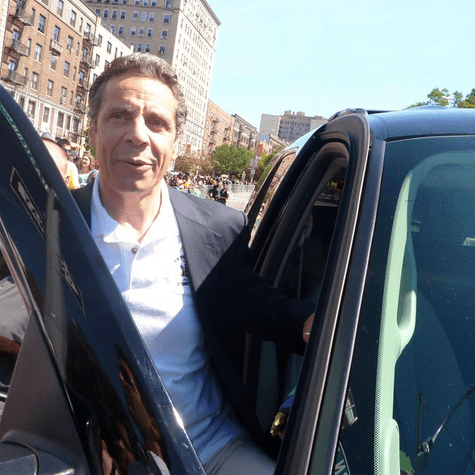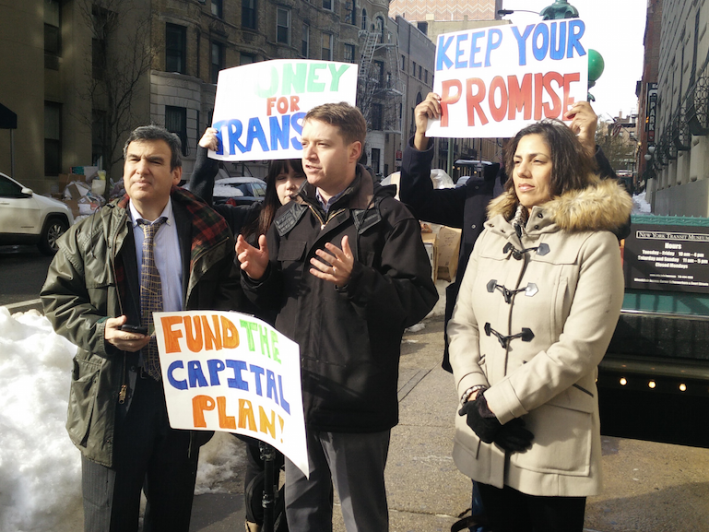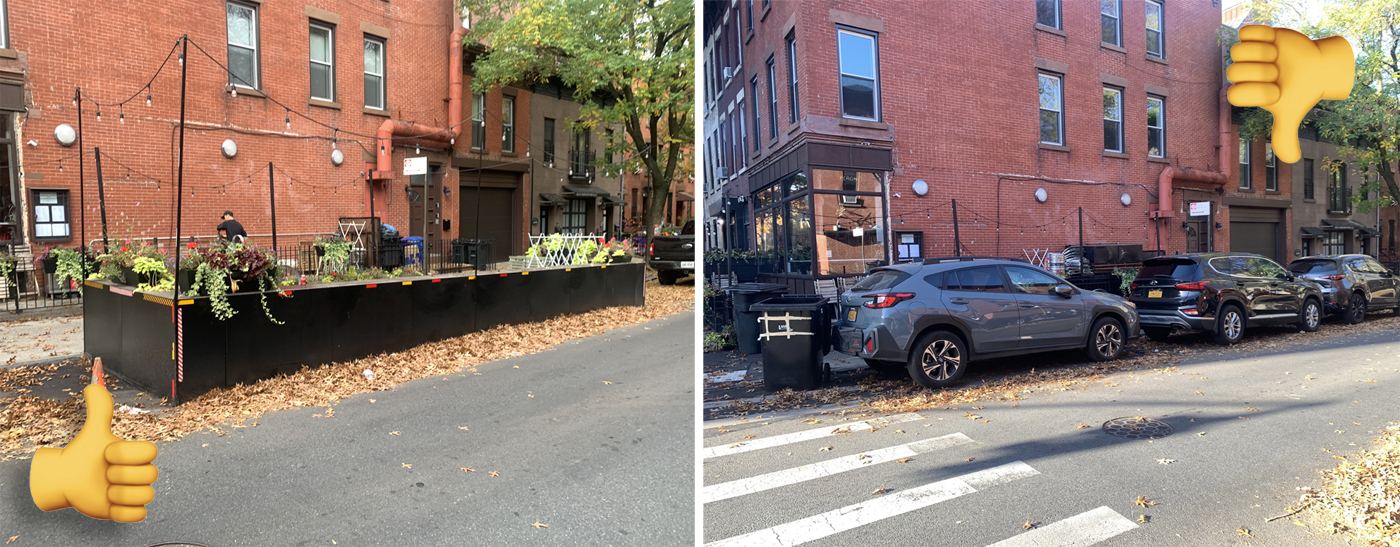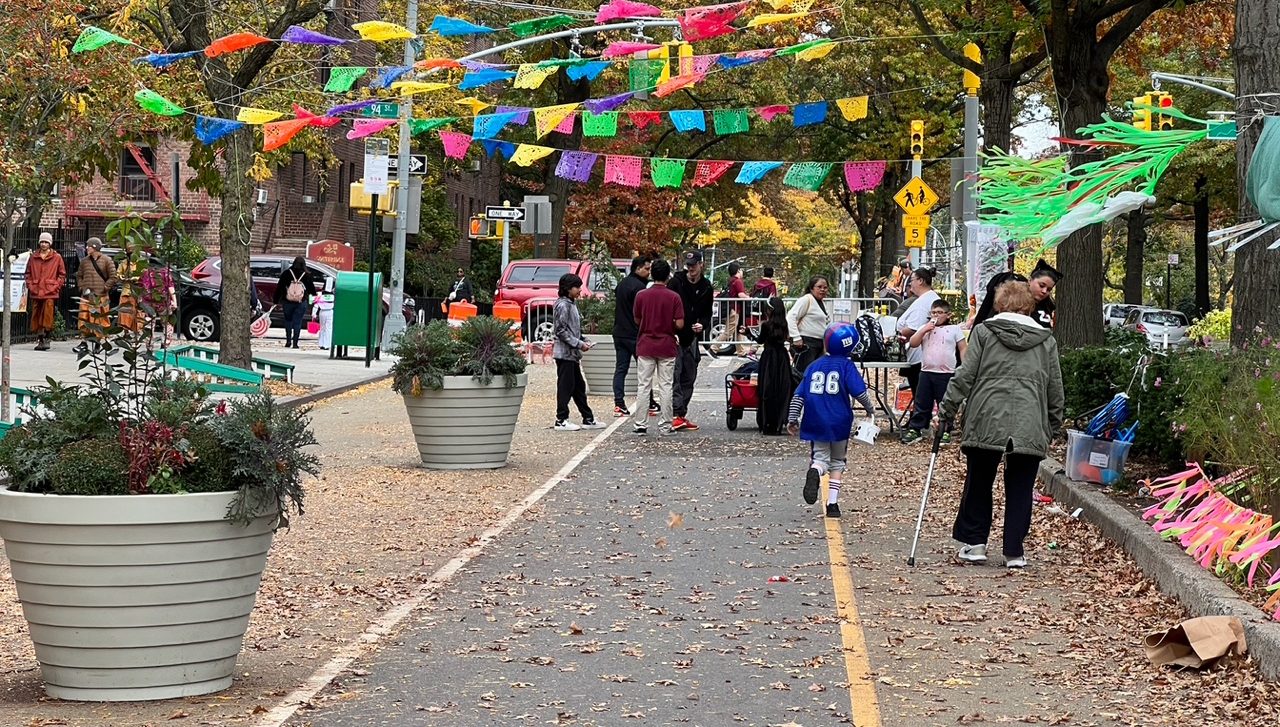
Governor Andrew Cuomo’s executive budget includes no new funds for the MTA capital program -- a brazen departure from the funding pledge Cuomo made just a few months ago. Transit advocates laid out the broken promises at a press conference in Brooklyn this morning.
Back in October, Cuomo reached an agreement with Mayor de Blasio that the state would contribute $8.3 billion to the MTA's five-year, $26 billion capital program if the city chipped in $2.5 billion. Cuomo didn't reveal how the state would meet its obligation, however.
Then earlier this month, Cuomo announced his 2016 transportation agenda at the New York Transit Museum in Brooklyn, committing to “thinking bigger and better and building the 21st century transit system New Yorkers deserve.” Was that the prelude to a big reveal with specifics on the governor's plan to pay for transit?

Nope. The budget Cuomo put forward later that week includes no additional funding for the capital program. The state had previously provided $1 billion to the MTA, leaving a hole of $7.3 billion unaccounted for.
Instead of spelling out where that money will come from, Cuomo's budget delays any allocations until after the MTA has exhausted other means of paying for the capital program. In vague, non-binding language, the document says the state doesn't have to meet its obligation until 2026, which would enable Cuomo to kick the can until he's out of office.
Speaking outside the museum this morning,Veronica Vanterpool of the Tri-State Transportation Campaign, Gene Russianoff of the NYPIRG Straphangers Campaign, and Riders Alliance Executive Director John Raskin said Cuomo's transit commitment was not really a commitment at all.
“That means in reality that Governor Cuomo expects the MTA to borrow money, which then fare payers and toll payers are responsible for, before the state puts in any money of its own,” Raskin said. “A promise years in the future is a weak promise. There’s a real risk that this money will never materialize if the state does not start investing now.”
“Basically, it signals an alarm that funding for the system is precarious and uncertain,” Vanterpool added. “It pushes the state’s pledge potentially into another administration.”
Raskin said the state needs to provide $1.825 billion per year through the completion of the current capital program in 2019. De Blasio has said the city will allocate its portion of the funding in increments proportional to the state’s contributions.
Citing the political challenge, Cuomo has repeatedly rejected the Move NY toll reform plan as a potential source of revenue to plug the gap in the MTA capital program, despite the governor's own political heft and endorsements for the plan from dozens of local elected officials.
In addition to the press conference today, a coalition of transit advocates, construction interests, and environmental groups called on Cuomo to provide "a much more clearly defined strategy to meet all of our capital needs in the next five years."





